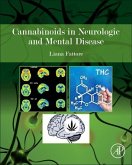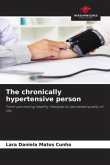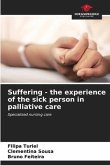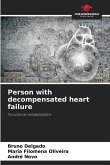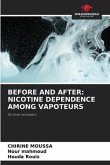Huntington's disease has received considerable attention from the scientific community in recent decades. Despite this, the molecular mechanisms related to the genesis of the disorder are still not sufficiently clear. It is known to be an autosomal dominant disease of complete penetrance occurring in the specific gene on chromosome four. The pathology is generally characterized by late onset and its clinical manifestations (motor disorders, psychiatric and cognitive disturbances) dramatically affect the quality of life of patients.Many therapeutic strategies have been tested, but the complexity of the multiple mechanisms leading to the neurodegeneration observed in the disease contribute to the lack of success in the search for an effective treatment. It is a disease with progressive evolution and there is still no specific treatment available, however an adequate orientation of the person and his family on the benefits of a correct diet, practice of rehabilitation exercises and pharmacological treatment contribute to improve their quality of life.


